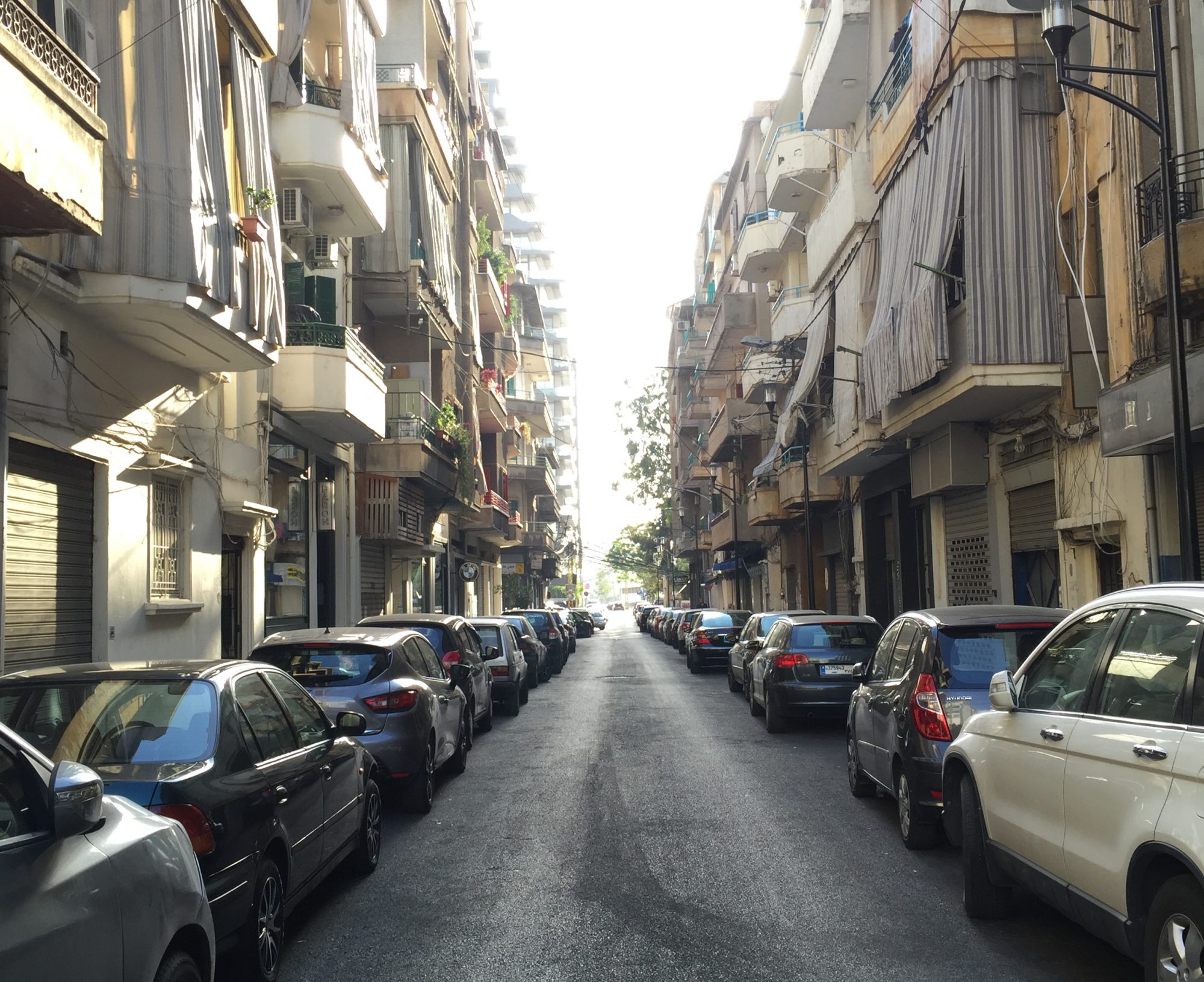“In a revolution, as in a novel, the most difficult part to invent is the end.”
– Alexis de Tocqueville
In a revolution, the beginning should not be marked by the first calls to mobilize against the existing order, but as the fruits of mobilization translate into concrete action to transform given the defeated order. The end, therefore, is the culmination of implemented change with a clear vision for the new, and hopefully better, order.
Although each of our Arab Revolutions is currently at a different stage than the one next door, none of them has reached its end and the specter of precarious post-revolution scenarios remains strong. Getting rid of tyrants and dictators may be the easy part, but what lies ahead? The possibilities are endless, but one that has echoed throughout the region has been that autocracies shall be replaced by theocracies, or at least that the new order would be one dominated by Islamist parties.
And so the debate rages: Is this only an empty threat by a soon-to-be deposed leader? Is this a call for help from the international community to come to the tyrant’s rescue? Are Islamist parties really behind calls for the downfall of regimes? Will they monopolize elections in case a democracy is in place? Will this really scare off the local population? Are they really popular and as organized as some think? Could they provide better governments for their country? Have they truly managed to survive years of living underground and suddenly jump into the political game unscathed?
Nothing tells us that such parties, if they were to govern, would not provide the basic necessities, the justice, and maybe the social welfare that people want, but will it provide the genuine democracy that people have been crying for? Nothing tells us that such parties would have to necessarily be extremely radical in their orientation, but what will be the guarantee that they will not draw on systems as those in Iran and Saudi Arabia as examples of tolerance, freedom, and sustainable economic prosperity for their people? Democracy does command us that the majority rules, but what would be the prospects for the region and its religious and ethnic diversity is such radicalism were to prevail?
As I have learned to advocate for a secular society in Lebanon, I hereby advocate for secularism in the entire Middle East. I believe the brave men and women of the Arab world, who have come this far in their struggle for freedom, should also make a choice for the same, a secular society where religion is master of people’s hearts and minds, if they so choose, and not a tool to dictate our socio-political affairs. We have come thus far… why back down now?
And who said inventing the end of a revolution wasn’t going to be difficult?
